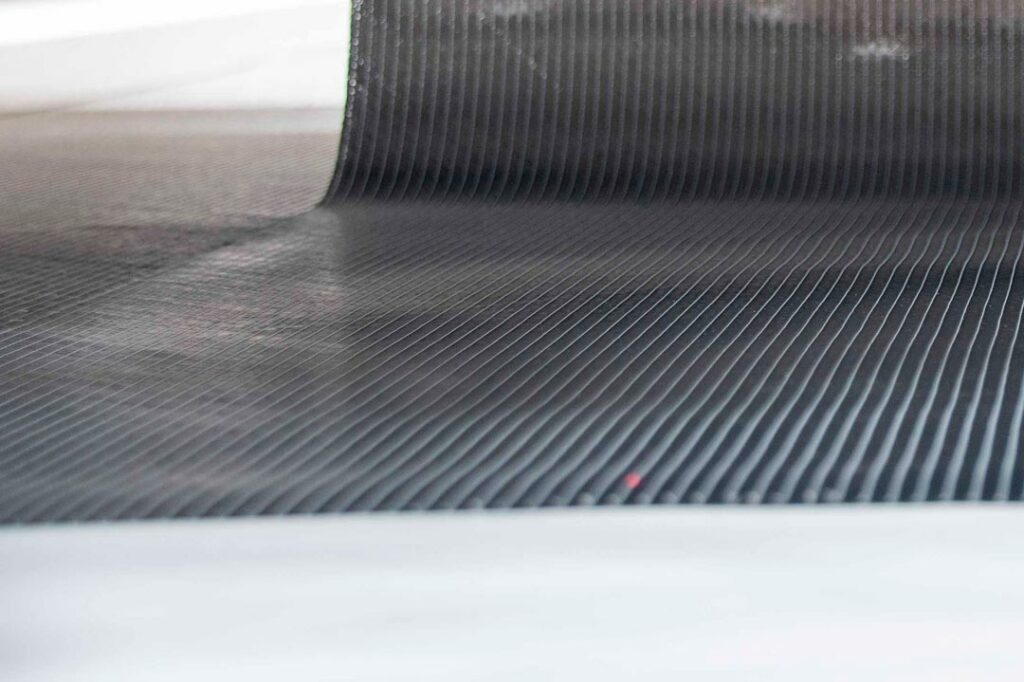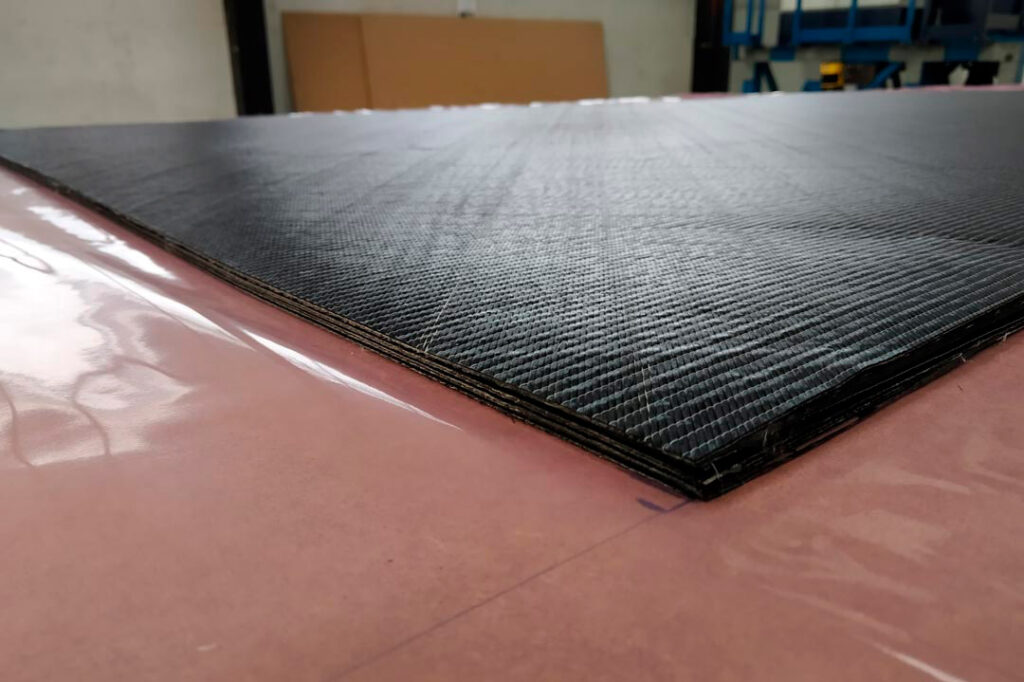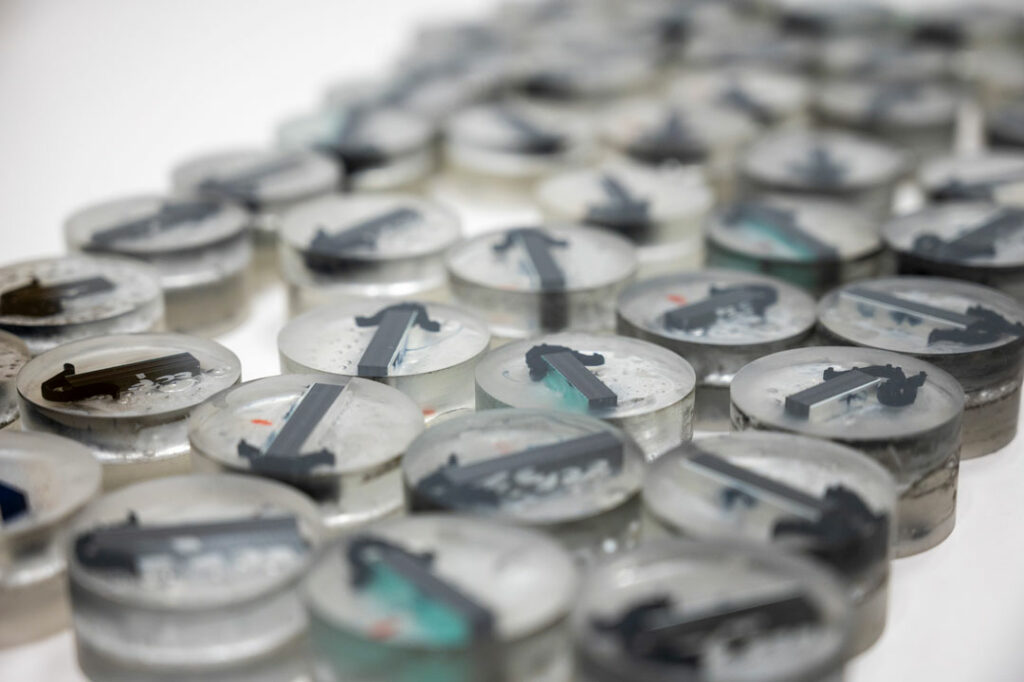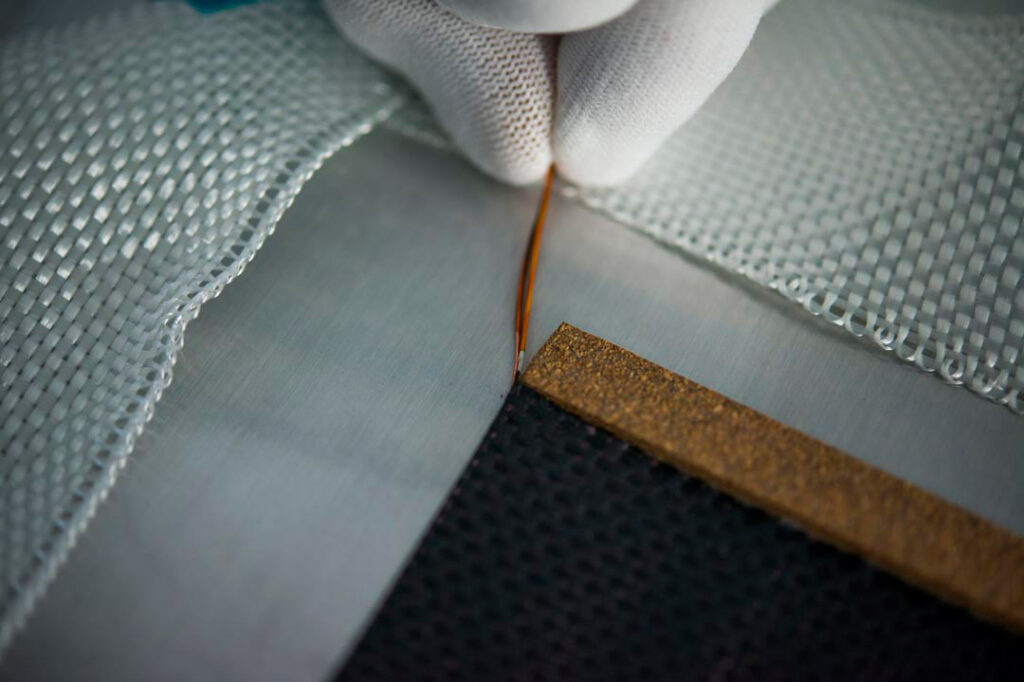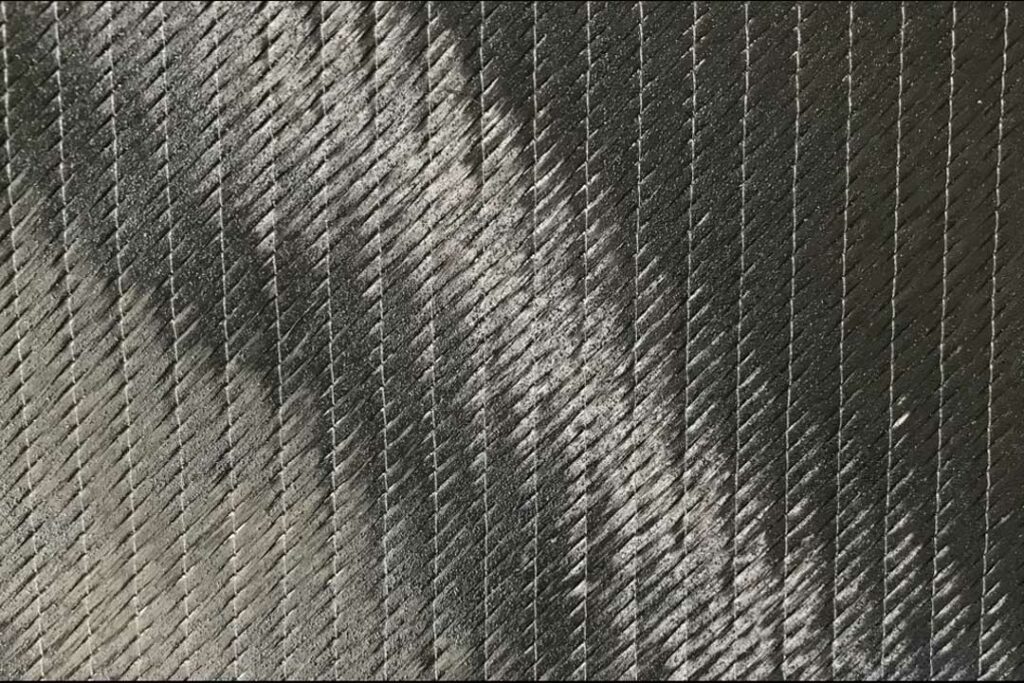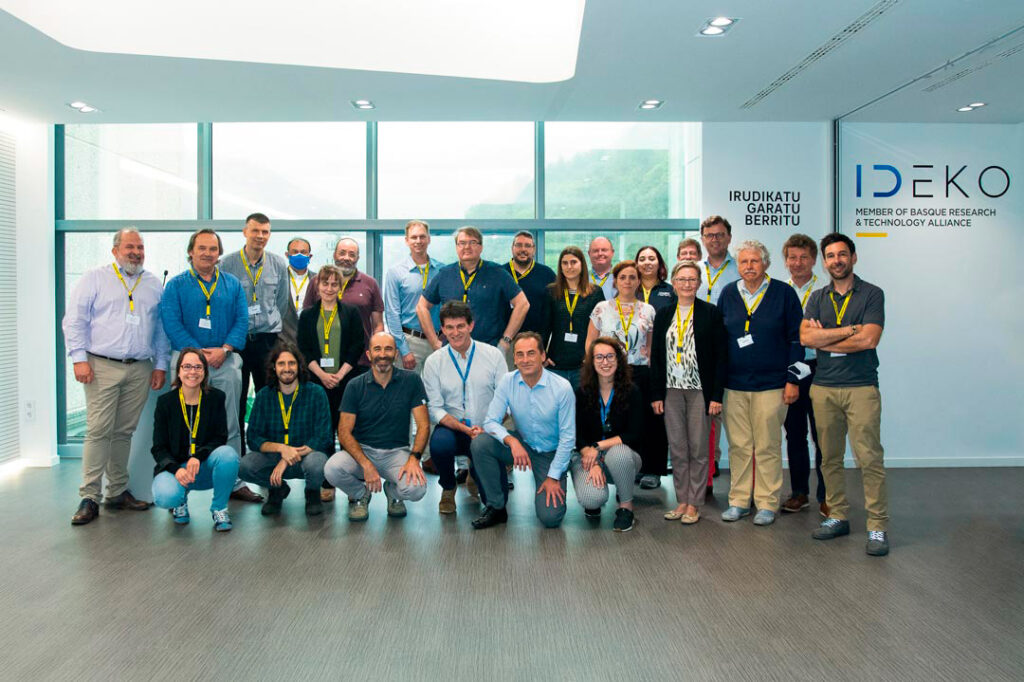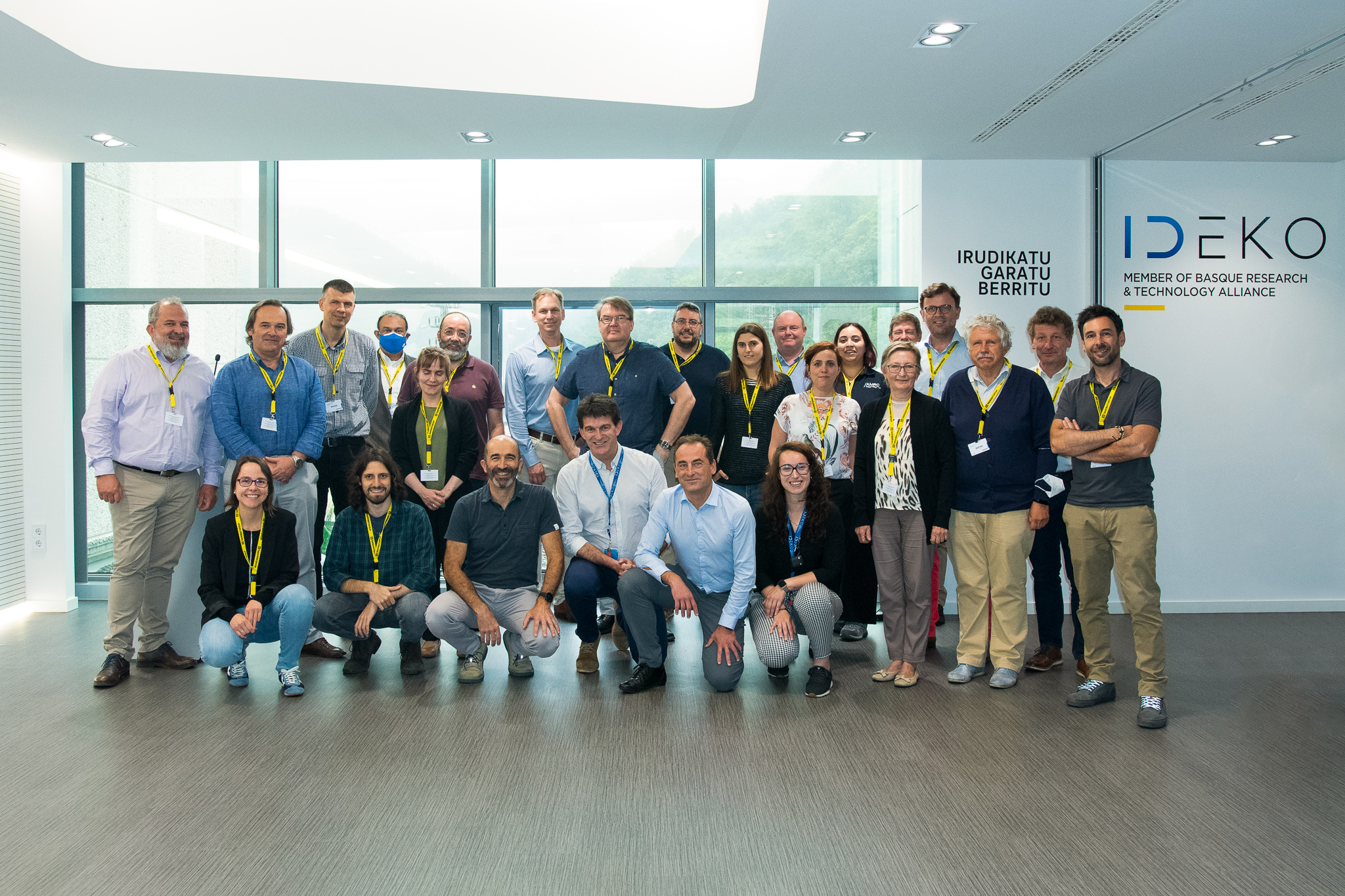- The European INFINITE project aims to have continuous information on the condition and state of aerostructures at any point in their life cycle through the use of smart materials.
- In the framework of the initiative, composites with integrated sensors will be developed to monitor the characteristics of these materials from their manufacture to their final recycling, with the aim of extending their life span and improving their quality.
- The first meeting of the project consortium took place on 7 June at IDEKO’s facilities in Elgoibar.
Control of manufacturing processes and operating conditions of aerostructures while bringing down their cost are some of the main challenges facing the European aeronautics industry. To come to a better understanding of how to achieve this, the behaviour and condition of materials throughout their life cycle must be studied more in detail, to ensure their maximum quality and to optimise the components at each stage of their life cycle.
With this objective in mind, the European project INFINITE- HORIZON-CL5-2021-D5-01-06- Next generation digital aircraft transformation in design, manufacturing, integration and maintenance, an initiative led by the IDEKO research centre, a member of the Basque Research & Technology Alliance (BRTA), was launched at the beginning of June, which will develop a technology based on the incorporation of wireless sensors at the early stages of the manufacture of aeronautical structures.
Thanks to these sensors, it will be possible to track the entire life cycle of aeronautical structures: from on-site supervision of their manufacture, to optimisation of maintenance work, through repair and service review by monitoring their structural health (SHM), to recycling of parts at the end of their service life (EoL).
The sensors to be developed in the framework of the project are based on magnetic materials and amorphous ferromagnetic microwires capable of reacting to electromagnetic radiation and will yield valuable information on the condition of the part at any time. These will be incorporated together with the dry carbon fibre, so that they are embedded in the composite and their status will be monitored with a portable system that will analyse the forces and temperatures to which the part is subjected to and its condition.
“The incorporation of these sensors at the very early stages of the life cycle will allow traceability of all subsequent stages of each component, and monitor their status with a non-invasive system to optimise their performance,” explains Peio Olaskoaga, technical coordinator of the Horizon Europe proposal, INFINITE.
This advanced monitoring has great potential for the European aeronautics industry as it will have an impact on the cost reduction and reliability of components, providing a competitive advantage to key players in the sector in Europe such as equipment manufacturers (OEMs), component manufacturers and maintenance and repair operators (MROs). In this context, experts from Europe’s major players in the European aeronautical landscape have joined the project with a seat in an industrial advisory panel to ensure that both the objectives as well as the developments of the project are always in line with their needs.

International consortium to transform the sector
The first meeting of the project consortium took place on Tuesday 7 June at IDEKO research centre’s facilities in Elgoibar (Gipuzkoa) and was attended by all the consortium partners.
The Consortium is formed by R&D entities and industrial companies with complementary skills and capabilities. The leader of the Consortium is the Spanish R&D centre especialized in advanced manufacturing IDEKO. GAIKER (ES) as IDEKO, member of Basque Research & Technology Alliance, BRTA, the research centre specialising in electronics and magnetism RISE (Sweden), the University of Sheffield Advanced Manufacturing Research Centre (AMRC), the University of Basque Country UPV/EHU (ES) are other RTD entities participating in the Project.
The Consortium is completed by industrial companies, such as TEIJIN (DE), manufacturer of carbon fabrics, TAMAG (ES), a spin-off of the aforementioned UPV/EHU group that will manufacture the sensors to be incorporated into the composites, AEROFORM (FR) specialist in composites repair, the aeronautical components manufacturer COLLINS Aerospace (IE), an austrian company working in simulation of complex systems, CAE Simulation Solutions, and two other Spanish companies, TITANIA, working on testing and validation of aeronautical components, and RECICLALIA, a start-up working on recycling, that seeks solutions for the end of life cycle of composite material structures.
The kick-off meeting of the project was also attended online by the Project Officer appointed by the European agency CINEA (European Climate Infrastructure and Environment Executive Agency) for the supervision of the project, Miguel Martí, who pledged his support and expressed his confidence in the success of the initiative.


